
Last Updated At: 13-Dec-2023
14 Fun Facts About Turkey You Need To Know In 2024
Turkey is a nation with a rich history and a diversified culture that is situated at the border of Europe and Asia. Turkey, which has its capital in Ankara and its central city in Istanbul, is home to a rare combination of historical sites, bustling bazaars, and breathtaking scenery. The country's architectural attractions, from the recognised Hagia Sophia to the magnificent Blue Mosque, captivate tourists. Furthermore enticing is its food scene, which features mouthwatering treats like kebabs, baklava, and Turkish tea. Turkey is a fascinating location that expertly combines the ancient and new with Turkey's history that stretches from the Byzantine Empire through the Ottoman era.
List Of 14 Facts About Turkey That Will Surprise You
If you enjoy travelling consider going to Turkey. It is rich in culture, stunning architecture, fascinating history, and delectable cuisine. Many individuals don't know much about this nation. Fortunately, we've compiled some information on Turkey to help you learn more about this stunning location.
1. It features one of the largest and oldest malls in the globe
Turkey has one of the biggest and oldest malls in the world, which speaks to the country's rich historical significance and modern development. This famous shopping centre is a testament to the country's thriving Turkish cultural heritage and economic development. Due to its vast size and historical significance, it is a must-visit location that combines traditional and modern shopping experiences.
2. Your dessert may include chicken
Turkey, renowned for its cuisine variety, and delights with a distinctive dish: a dessert made with chicken. This creative combination of peppery and sweet tempts the palate. The intricate dessert preparation with chicken flavours best illustrates Turkey's vibrant culinary experimentation. The unique pairing honours the nation's tradition of pushing the boundaries of gastronomy. This unique fusion of flavours, a testament to Turkey's culinary innovation, will delight adventurous food fans.
3. Turkey has a rich cultural history
Turkey's rich cultural history is a tapestry created over many years, reflecting the country's crucial role as a bridge between Europe and Asia. Turkey's history is rich and complex, with roots in history that can be traced to the Hittites and Byzantines and its function as the centre of the Ottoman Empire. Traditions, artwork, architecture, and gastronomy witness this rich cultural heritage that has captured worldwide attention.
4. Santa Claus originates from Turkey
The country where Santa Claus was born, Turkey, has a unique claim to fame. Saint Nicholas, a kind-hearted Christian bishop well-known for his generosity and gift-giving, lived in the ancient town of Demre, once called Myra. His influence led to the development of Santa Claus as we know him today. The worldwide custom of spreading holiday pleasure through the cheery red-suited symbol we know today gains an intriguing additional aspect due to this Turkish connection.
5. One of the main sea turtle nesting beaches in the Mediterranean
Sea turtles have an essential sanctuary tucked away along Turkey's Mediterranean coast. one of the main beaches for nesting in the area. During their nesting season, loggerhead and green sea turtles depend on this natural stretch of coastline as a vital sanctuary. The region's dedication to conservation and protection has ensured the survival of these endangered species, demonstrating Turkey's commitment to maintaining its natural beauty for future generations.
6. Tulips were given to the world by Turkey
Turkey is recognised for introducing the world to tulips, valued for their beauty. Ottoman diplomats gave these colourful blooms to Europe in the 16th century, which led to the horticultural craze known as "Tulipomania." The mesmerising attraction of the tulip found a home in European gardens and culture, creating a lasting impression on symbolism, art, and horticulture. Turkey's contribution to the tulip's history continues to flourish now.
7. Over 130 peaks are higher than 9,800 feet
Over 130 peaks in Turkey's stunning surroundings rise more than 9,800 feet above sea level. These massive peaks, with a height range from the breathtaking Eastern Anatolian Mountains to the tumultuous Taurus Range, add to Turkey's spectacular topography. In addition to providing stunning views, these tall peaks attract adventurers and mountaineers from across the world.
8. One of Europe's most vibrant art scenes in Istanbul
Istanbul is an essential hub of artistic innovation with one of Europe's most dynamic art scenes. The city's street art, museums, and galleries of contemporary art are given a unique energy by the city's rich history and cultural fusion. Istanbul's image as a dynamic artistic hotspot, attracting local and foreign talents to present their work, is primarily attributed to its flawlessly integrating tradition with modernity.
9. Turkey was the first country to plant agricultural seeds
Turkey has a significant historical impact on agriculture because it was the first country to plant seeds actively. Anatolian inhabitants farmed crops, including wheat and barley, over 10,000 years ago in the Neolithic town of atalhöyük. This crucial time resulted in the change from hunter-gatherer communities to agricultural societies, drastically transforming human existence. Turkey fundamentally impacts world food production and culture because it is the birthplace of seed farming.
10. The national sport is oil wrestling
Oil wrestling, a mesmerising sight deeply rooted in Turkish culture, is the country's one-of-a-kind national sport. This old custom dates back to antiquity and blends ritual and athletics. Before engaging in physical combat, competitors donned only leather trousers and clad themselves in olive oil. Turkey's dedication to maintaining its historical legacy is demonstrated by oil wrestling, which also provides an intriguing insight into the nation's ancient sports tradition.
11. In the hunter-gatherer era, people built temples at this location
Ancient peoples constructed temples at the ground-breaking archaeological site of Göbekli Tepe in Turkey during the hunter-gatherer period. These intricately carved stone structures, which date to around 9600 BCE, came before agriculture and accepted concepts of civilisation. The discovery raises the prospect of intricate communal rituals and spiritual beliefs that have a long-lasting influence on Turkey's history and calls into question our understanding of early human cultures.
12. The Turkish film industry is expanding
The Turkish film industry is rapidly growing, producing a thriving production of films that enthral audiences around. Turkish cinema has become more well-known internationally due to its unique blend of ethnic diversity and imaginative narratives. Increased investments, partnerships, and recognition on a global scale indicate the industry's growth trajectory. In addition to showcasing Turkey's artistic talent, its expansion increases its cultural influence beyond its borders.
13. The world's centre is actually in Turkey
Surprisingly, Turkey is home to the "Geographical Center of the World," the location of the world's geographic centre. This location, which is in the Kzltepe neighbourhood, is just as distant from the four cardinal points of the globe. By illustrating Turkey's historical significance as a crossroads of civilisations and highlighting its centrality in shaping global narratives, this unique position attracts attention to its crucial role in navigating continents and cultures.
14. The Turkish language is surprisingly simple to learn despite appearances
Despite appearing complex, learning Turkish is relatively easy. Its logical syntax, consistent pronunciation patterns, and lack of grammatical gender are some of the reasons for its relative simplicity. The language's introductory phonetics and grammatical structure make it an exciting challenge for linguists. Turkey's dedication to maintaining its language as a part of its rich cultural history promotes a compelling learning environment despite its unique script.
Also Read: best tourist places to visit in turkey
When planning a vacation to Turkey, select Adotrip as your travel partner for a smooth and memorable experience. Adotrip provides a comprehensive travel guide, expertly chosen itineraries, and local knowledge to make your trip more enjoyable. Learn fascinating facts about Turkey. Let Adotrip assist you while you conveniently and expertly discover the top tourist attractions in Turkey.
With us, nothing is far!
Book Turkey Tour Packages
Frequently Asked Questions About Facts About Turkey
Q1. What is the official name of Turkey?
A1. Turkey, a nation that lies on the border of Europe and Asia and is recognised for its cultural diversity and historical significance, is officially known as the "Republic of Turkey."
Q2. What is Turkey's capital and largest city?
A2. Turkey's largest city, Istanbul, pulsates with culture and history, connecting continents and captivating with its dynamic atmosphere, while Ankara, the capital, is the country's political hub.
Q3. Who is the current monarch of Turkey?
A3. After the June 12, 2011, legislative elections, Mr Erdoan won 49% of the vote, forming the 61st governance. Recep Tayyip Erdoan, elected as the country's 12th president on August 10, 2014, is also the country's first president chosen by the general public.
Q4. What is the official language spoken in Turkey?
A4. Turkish is the official language of Turkey, where it is also the first language of 90% of the population and is spoken by about 75 million people. People who live in regions that the Ottoman Empire ruled speak Turkish at home as well.
Q5. What is the population of Turkey?
A5. According to predictions considering the most recent United Nations data, Turkey has 85,855,686 people living there. According to the UN, the population on July 1, 2023, was 85,816,199.
Q6. What major religion do most Turks follow?
A6. Islam is the most prevalent religion in Turkey, where 99.8% of the population was identified for the first time as Muslim.
Q7. What is Turkey's literacy rate?
A7. The figure shows Turkey's literacy rate from 2007 to 2019. The percentage of adults who are at least 15 years old who can read and write is known as the literacy rate. Turkey had a literacy rate of almost 96.74 per cent in 2019.
Q8. What is the national flower of Turkey?
A8. The tulip is Turkey's national flower. Since Turkey offered this colourful and beautiful flower to the globe as a gift representing its rich cultural legacy and natural beauty, it has historical value.
Q9. How many UNESCO World Heritage Sites does Turkey have?
A9. In Turkey, 19 UNESCO World Heritage Sites have been added since joining the treaty in 1983. The tentative list also includes 84 locations that are awaiting investigation. Check out a handful of the places in Turkey that you could have wished to visit while there.
Q10. What is a popular national dish of Turkey?
A10. Kebab is a well-known national dish of Turkey. This tasty grilled or roasted pork meal, which comes in several varieties like döner, shish, and Adana kebabs, is a gastronomic delicacy.
--- Published By Adotrip
Latest Blogs

Long Weekends In India 2025 - List of Holidays
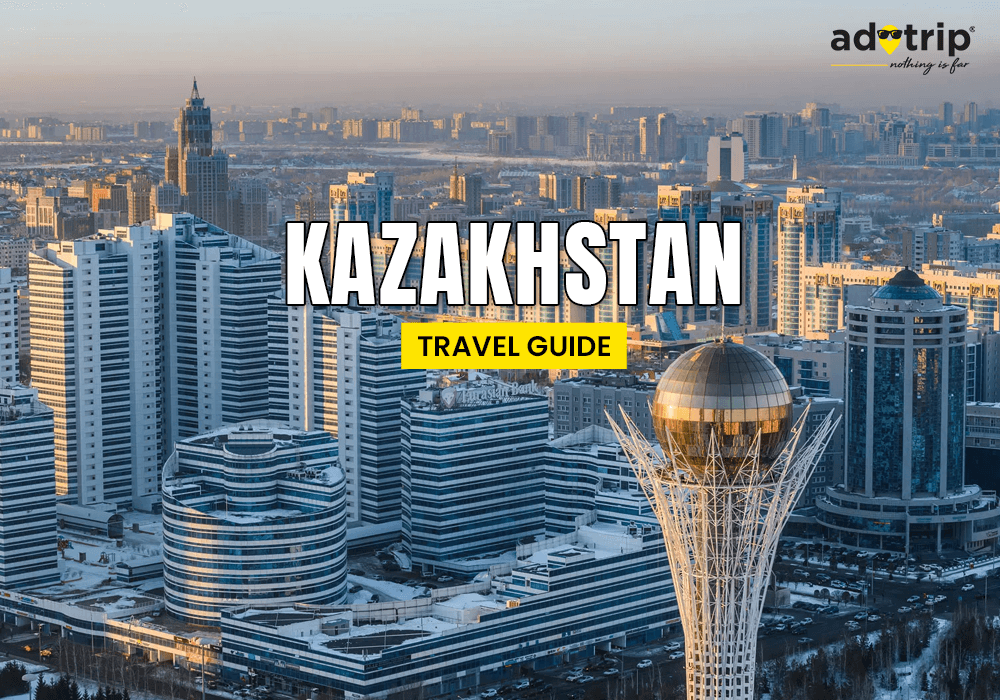
Kazakhstan Travel Guide 2025: Affordable Luxury, Visa Free E...
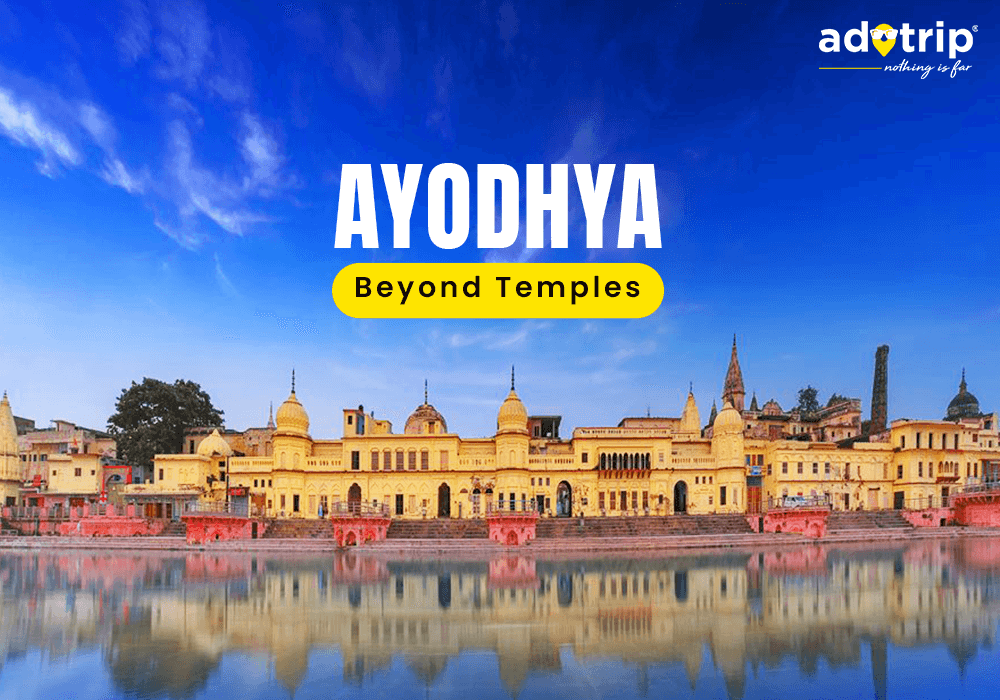
Think Ayodhya is Just Temples? Discover Its Hidden Artistic...

Why Azerbaijan is the Best Budget Friendly Alternative to Sw...



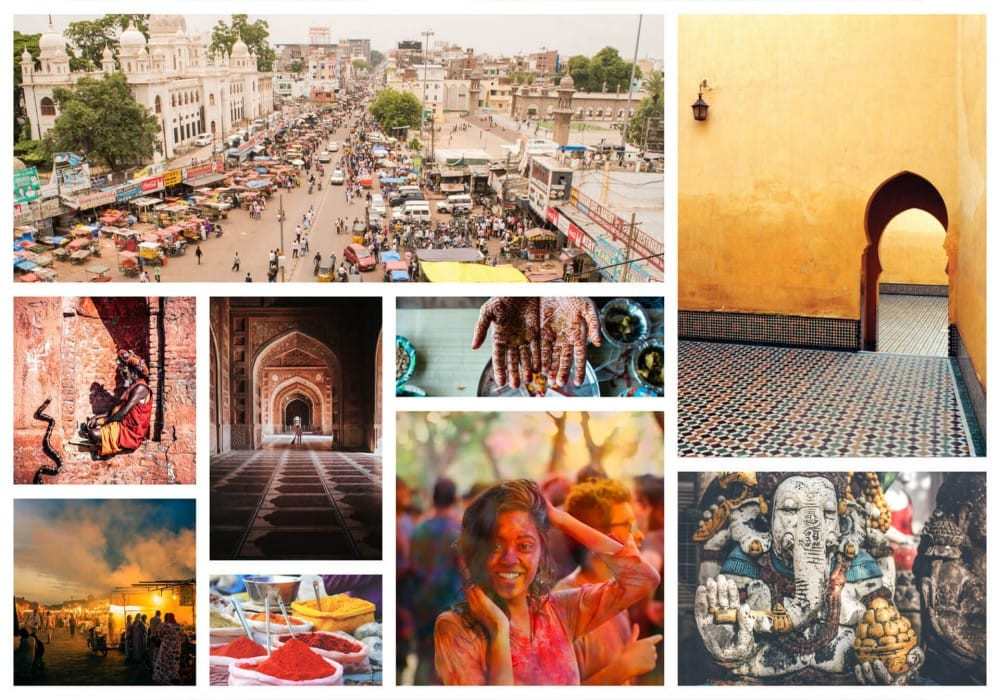



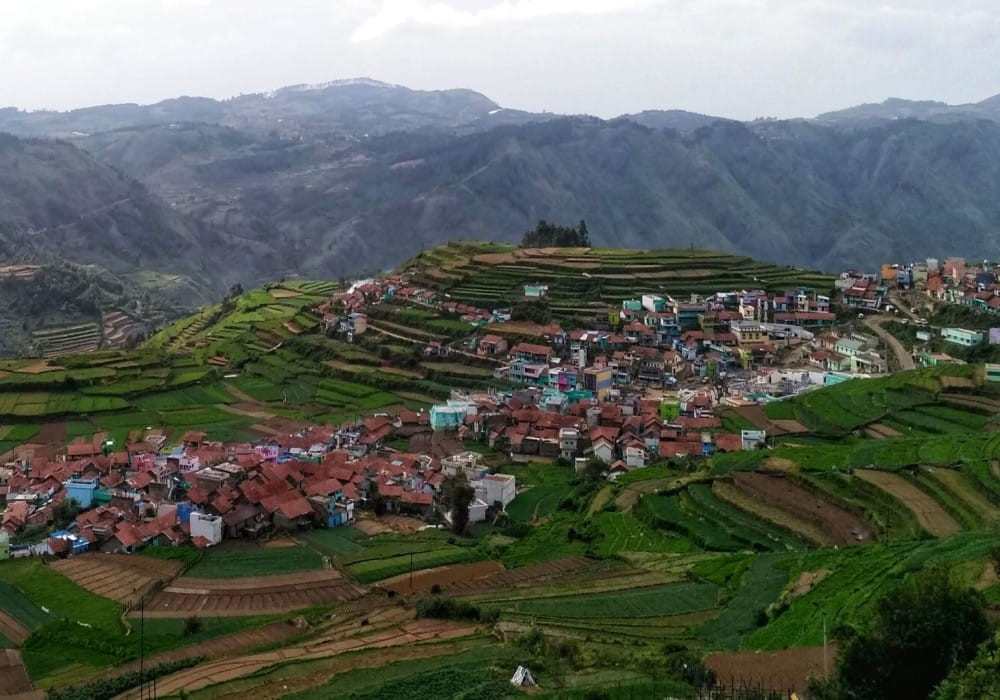

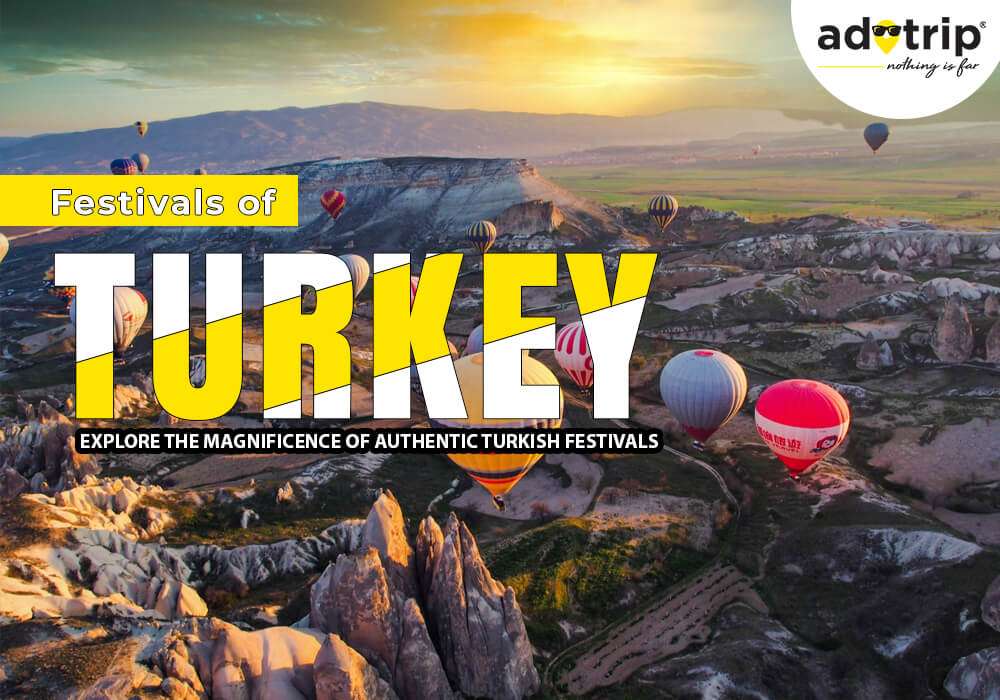


 (1).jpg)
 Dubai
Dubai Malaysia
Malaysia USA
USA





